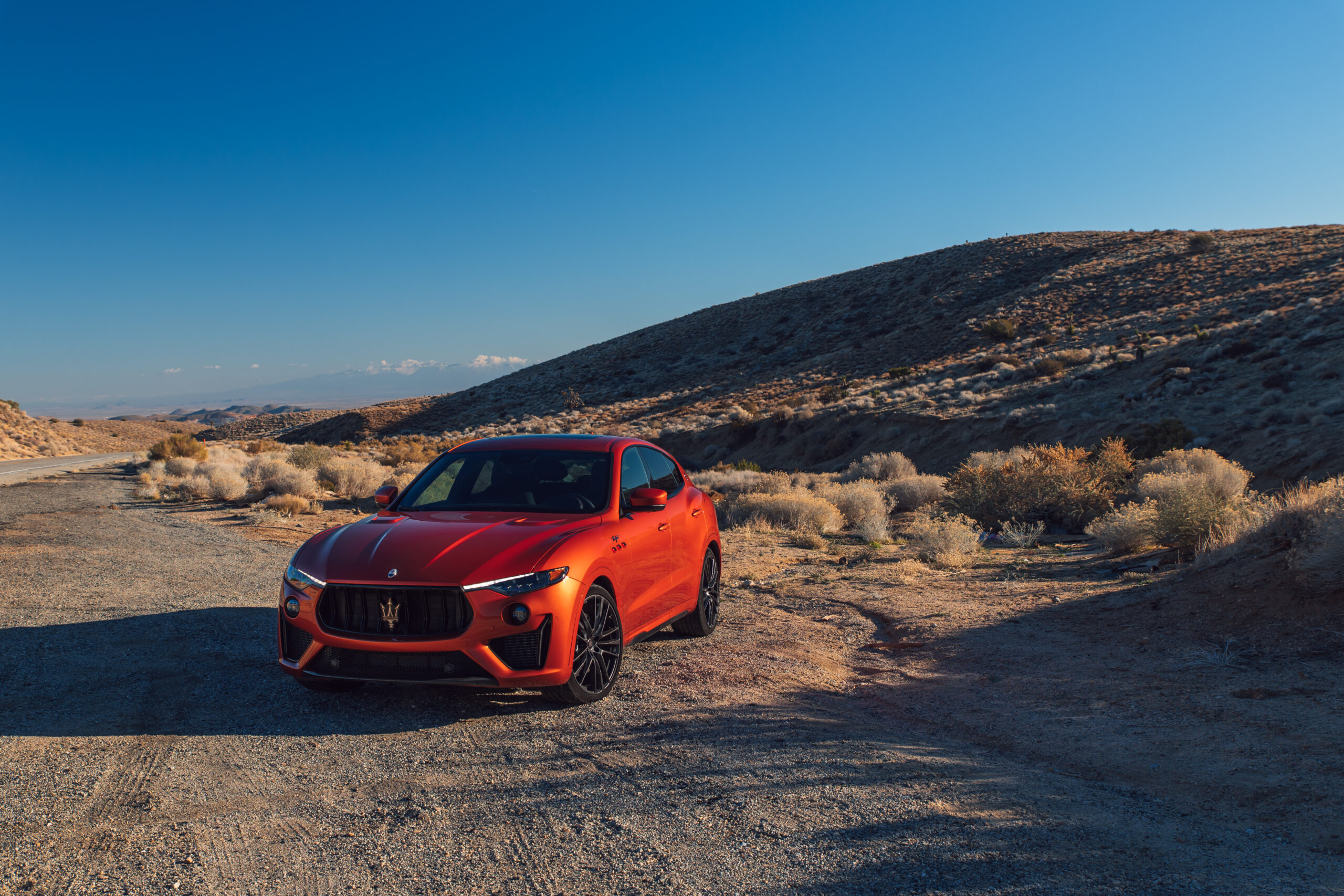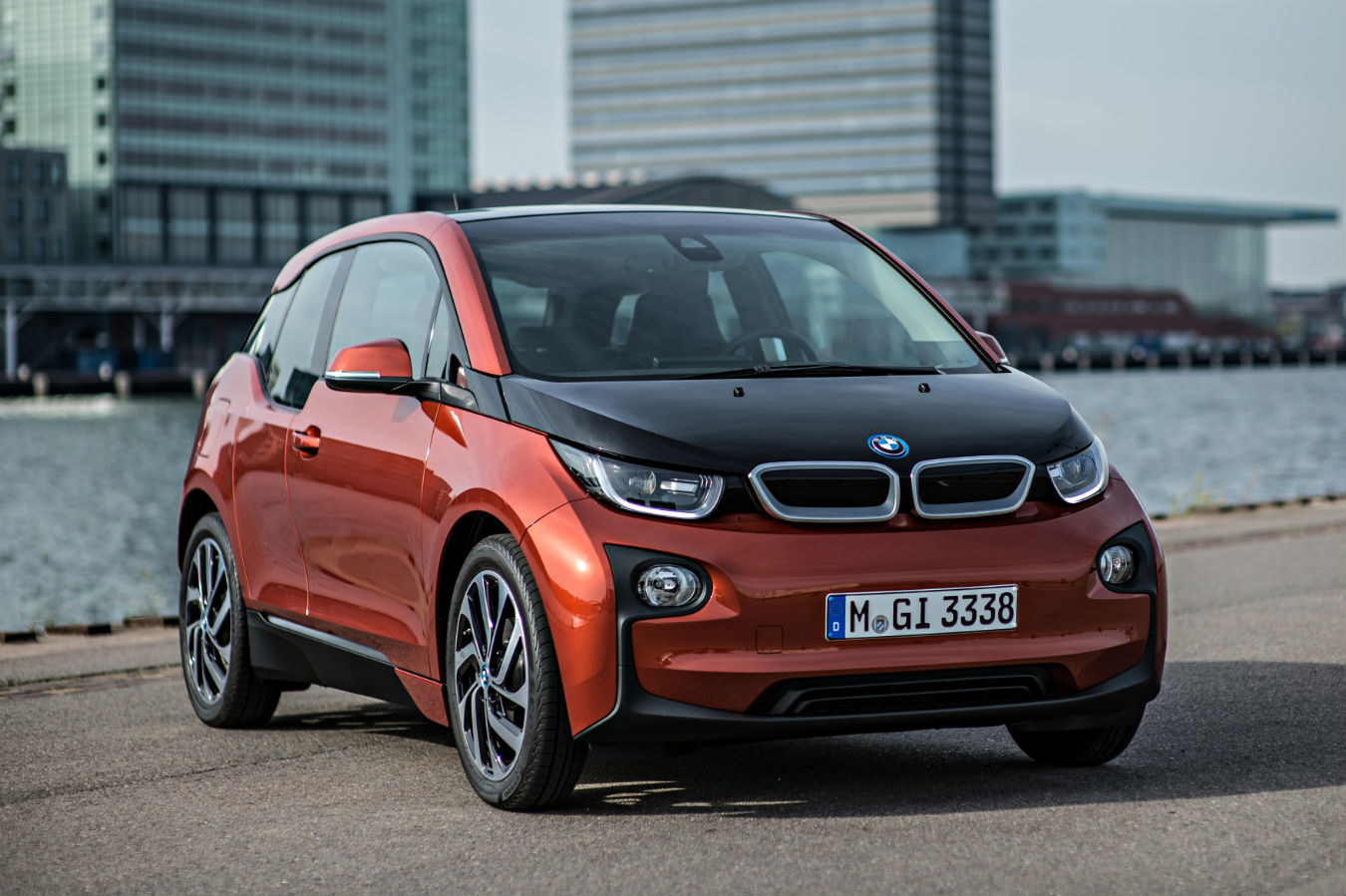The Auto-Automobile
You can drive my car.

On the road of life, there are passengers and there are drivers. At least, there used to be. Over the next decade or so, it’s possible the person behind the steering wheel will be obsolete. Computers will be taking the wheel instead.
The appeal of such technology is easy to understand: by automating the process of driving and navigation, there’s a good chance collisions and congestion will become a thing of the past. Far-fetched? Think of how close we are already. Technologies such as adaptive cruise control, park assist, pedestrian recognition, lane keeping, and others already help with a lot of the dirty work of driving; add that to the advanced navigation system that comes preloaded into that phone in your pocket, and it’s not tough to imagine the car of the future will be one that drives itself.
Carmakers have been experimenting with various forms of automated control for decades; what’s changed is the ability of today’s computers to process sensor data, navigation data, and control data on the fly. And they seem to be doing pretty well. In early April, parts manufacturer Delphi Automotive reported that the Audi SQ5 SUV it outfitted with self-driving technology made the trip from San Francisco to New York. Google has been road-testing its Chauffeur software since 2008; the company unveiled a functional prototype two-seat driverless car last December.
Beyond the curiosity factor, the impact of these robot-cars could be wide-ranging: no more steering wheels, no more gas pedals, no more clutches or brakes. Fewer fender-benders, which presumably means fewer body shops as well. And with car traffic following more defined routes, there’ll be less pressure to cover the landscape with roadways.
Interesting too to consider the way it might change car commerce. With the ability to take control of an immensely powerful, immensely expensive machine taken away, the whole car as status symbol thing breaks down. Sure, design will always distinguish brand ABC from XYZ. But with their route and speed dictated by a silicon wafer, the car probably becomes less of a badge of socio-economic class and more of a personal microbus. If Fahrvergnügen doesn’t enter into it, why bother owning one?
Making the morning commute safer, easier, more efficient—it all makes perfect sense. But it’s hard not to see something symbolic in our ceding control to a microchip. For the car is not only a method of transport, but an instrument of freedom—one reason why the elderly fight tooth and nail to retain their drivers’ licences. Yes, giving up that freedom may make sense. But when we abdicate the power to control the machine, it may be that our humanity loses out.








